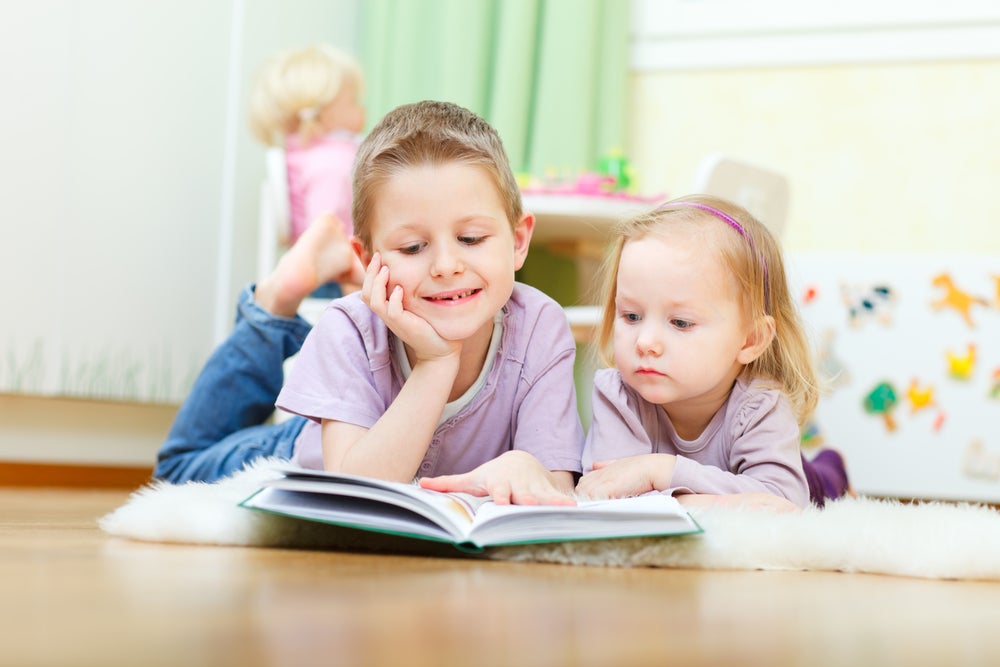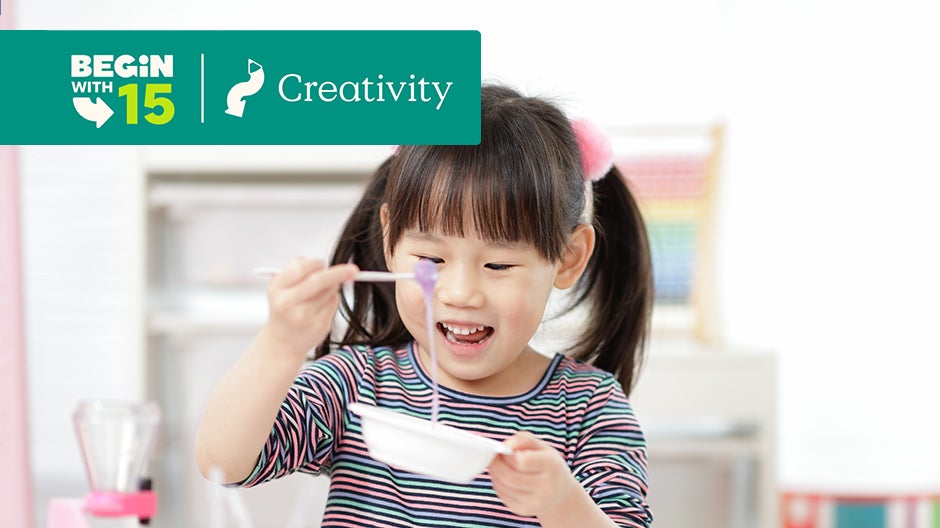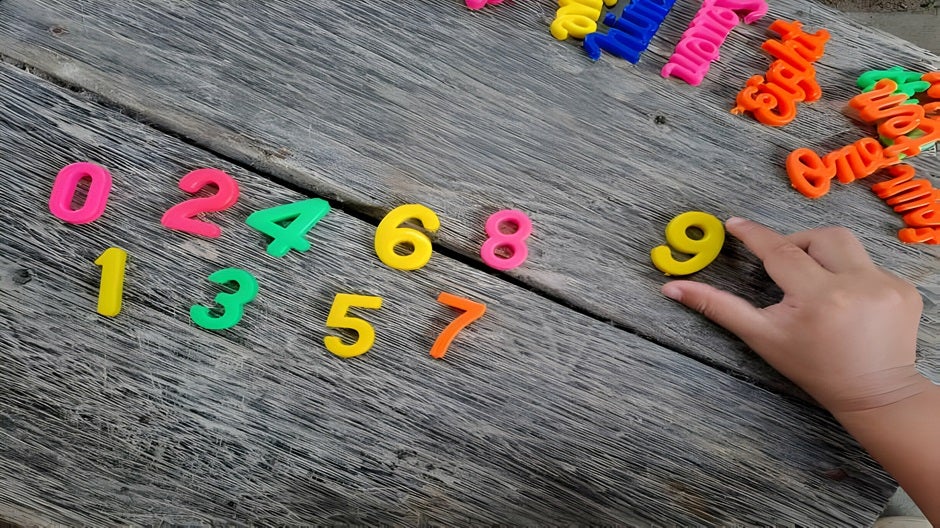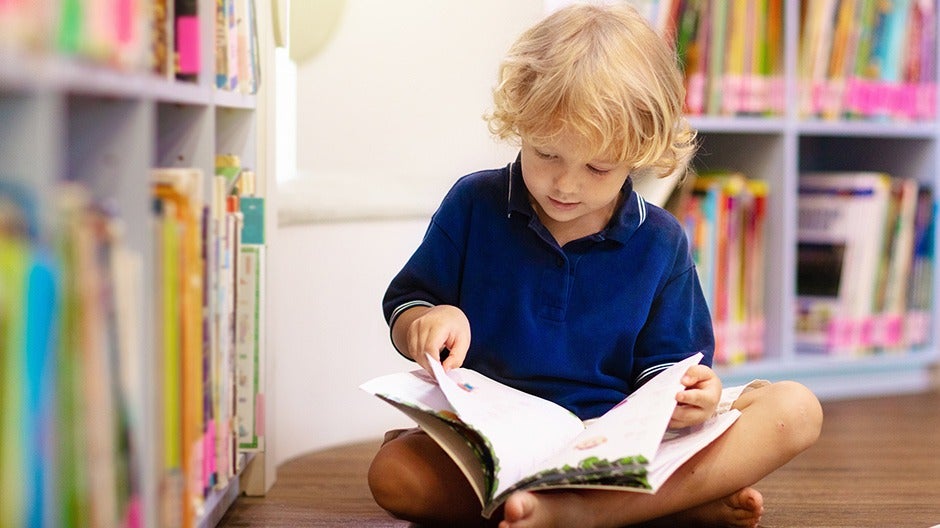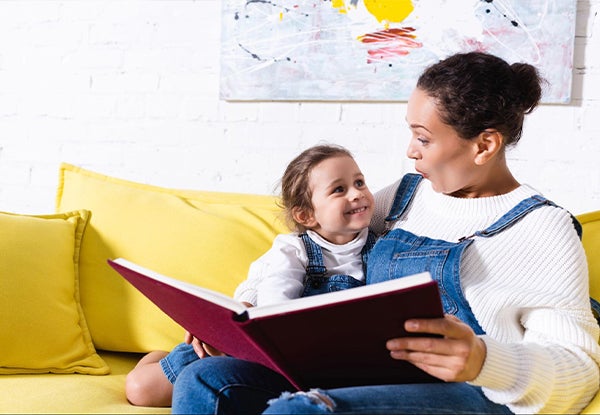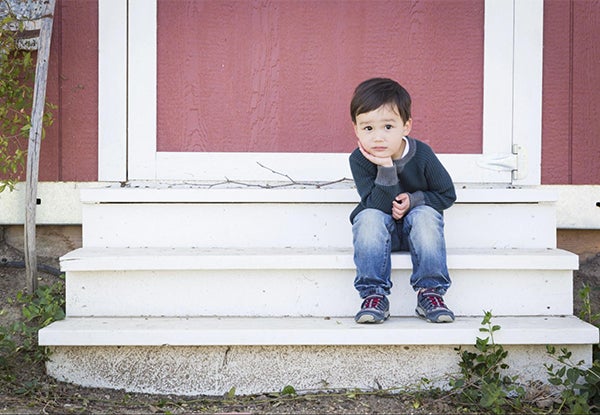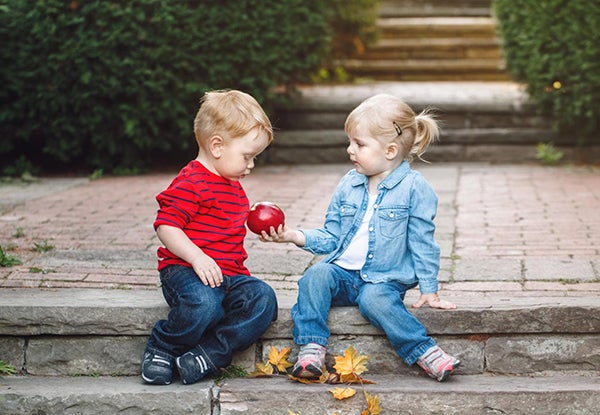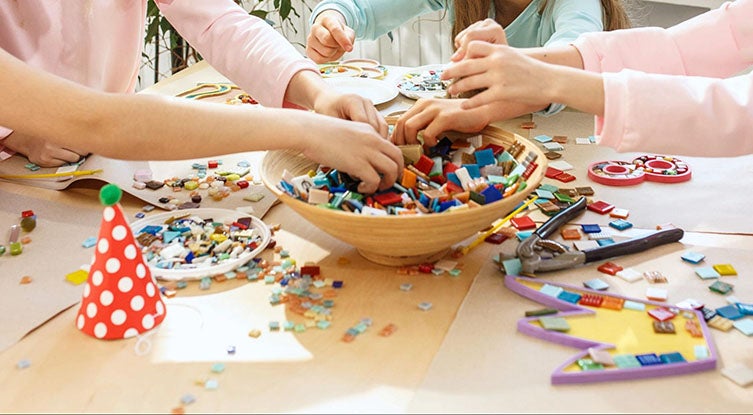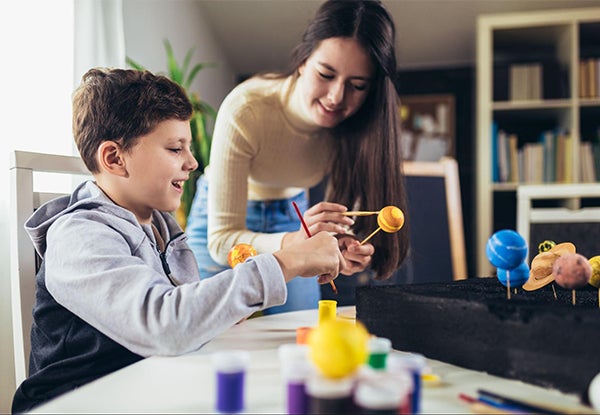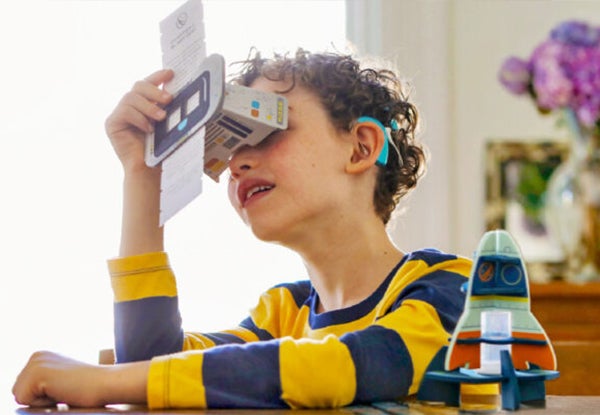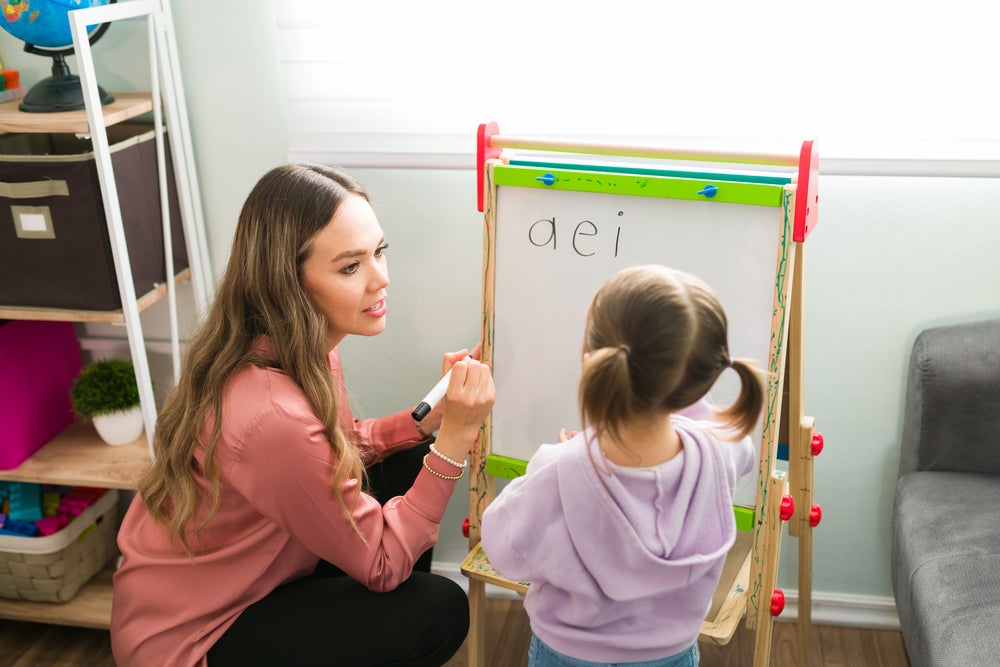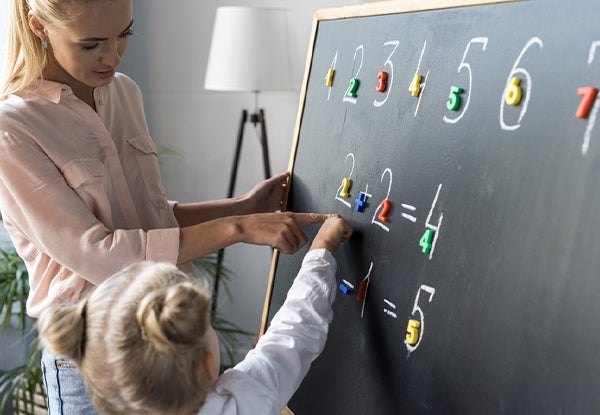Kindergarten reading is an exciting beginning to your child’s lifelong relationship with literature and language. HOMER is here with the complete guide of what to expect, how to help, and how to have fun during this new adventure!
The Short Cut
- Learning to read is a vital (and delightful!) Core Skill, one of the 5 C’s that helps kids thrive in school & life
- In kindergarten, kids will learn to match sounds to their letters which will lead to sight words and CVC, or vowel-consonant-vowel words (think: The Cat in the Hat!)
- Parents can help their children with basics like learning the alphabet, reading and rereading favorite books, and even acting out stories & sounds to reinforce memory
Table Of Contents
- Reading Skills Before Kindergarten
- Goals For Kindergarten Reading
- Activities To Practice Kindergarten Reading At Home
- Tips For Boosting Your Kids’ Kindergarten Reading Skills At Home
Reading Skills Before Kindergarten
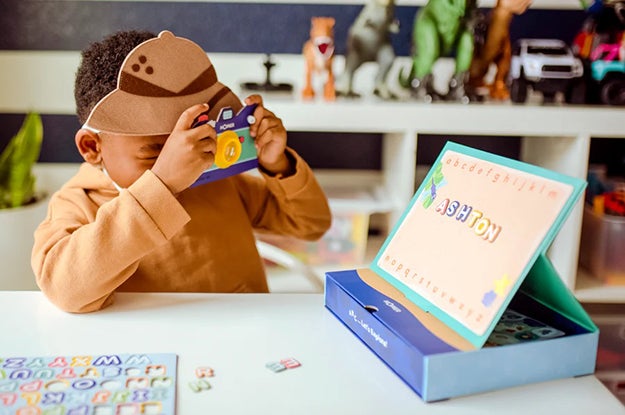
Your child’s reading journey doesn’t start when they enter school. It begins at home before they even reach kindergarten.
By incorporating simple activities into your everyday routine, you can build a strong foundation for their literacy development. Here are a few kindergarten readiness skills you can practice:
- Letter identification: Teach your child to recognize and name the letters of the alphabet.
- Start with the letters in their name and gradually introduce others.
- Letter sounds: Help your child associate each letter with its corresponding sound.
- Book handling: Show your child how to hold a book, turn pages from left to right, and follow along as you read. Teach them that we read from left to right, top to bottom.
- Print awareness: Point out words on signs, labels, and packaging while you’re out and about. This will help your child understand the connection between spoken and written language.
These skills will give your child a head start in reading and set them up for success in kindergarten.
Goals for Kindergarten Reading
There are several reading skills your child will be introduced to during kindergarten. Let’s take a look!
1) Phonological and Phonemic Awareness
The biggest thing that will influence your child’s reading success in the future is their ability to navigate phonological and phonemic awareness.
They’ll learn how to manipulate and play with sounds and words through these two avenues. They’ll work on isolating individual sounds in words, recognizing and blending syllables, matching letter sounds to the alphabet, and so much more!
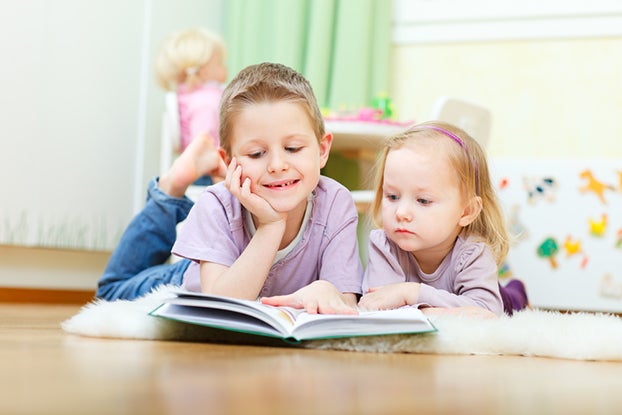
2) Print and Book Awareness
Print awareness includes things like knowing that print is read from left to right and top to bottom, that words are made up of individual letters, and that words are separated by spaces.
Developing book awareness skills means your child will understand how to navigate a table of contents, where to identify the author’s name, book title, and page numbers inside of a book.
Knowing these things will help your child know where to go in a book if they need a little bit of extra guidance or context! Plus, it will teach them what roles these little bits of information play in the formation of a story.
Along with recognizing letters and where to find information, your child’s print and book awareness skills will expand to include punctuation. Over time, they will learn the emotional nuances behind periods, exclamation points, and question marks.
They’ll also learn how to recognize common types of text, such as poems, stories, and more.
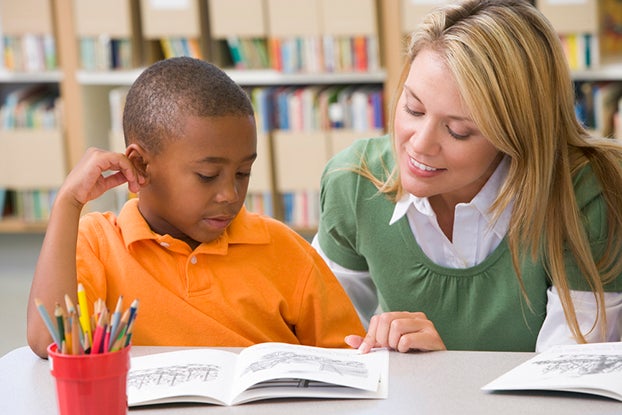
3) CVC Words and Letter-Sound Recognition
Your child will start by learning how to associate letter sounds with their respective letters. This is what we call letter-sound recognition!
Once they establish a consistent association between letters and their sounds, they’ll be ready to move on to learning how to read and spell simple consonant-vowel-consonant (CVC) words.
This includes words like bat, dog, leg, and so on. These words are easier for children to start with because they have just three phonetically regular sounds to blend together.
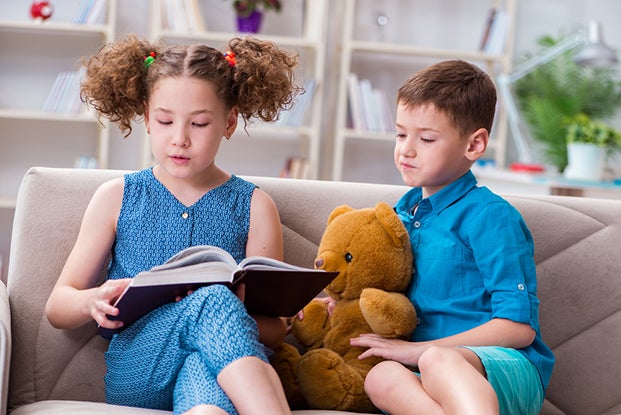
4) Recognizing Sight Words
By the end of kindergarten, your child will begin to consistently recognize many basic words by “sight.”
Sight words are words that are often more difficult to decode. This is because many of them don’t follow typical phonetic rules — they look a little bit different than how they sound.
Some sight words are phonetically regular, but the phonetic rule is too advanced for a beginning reader. These types of words will inform your child’s reading skills and make reading much easier!
Examples of sight words include:
- The
- Was
- Are
- Bread
- Again
- Have
- What
And many more! You can find a full list of kindergarten sight words here.
5) Beginning to Read
Now that your child has begun to master the other skills we’ve mentioned, they will be ready to launch into reading for the first time! With lots of support from you, of course.
They’ll use their skills with letter-sound correspondence, print awareness, and CVC words to make their way through simple texts. They’ll demonstrate a broad understanding of storylines and illustrations that support the events in a story.
Their comprehension levels will remain pretty straightforward at this stage, but they’ll be able to ask and answer simple questions about the key things they read (or saw in pictures). They will also be able to retell the most important events!
Most kindergarteners won’t be able to analyze the subtler side of stories, like themes or metaphors. But talking with them about the big ideas is a wonderful way to prime their brains for those conversations as they get older!
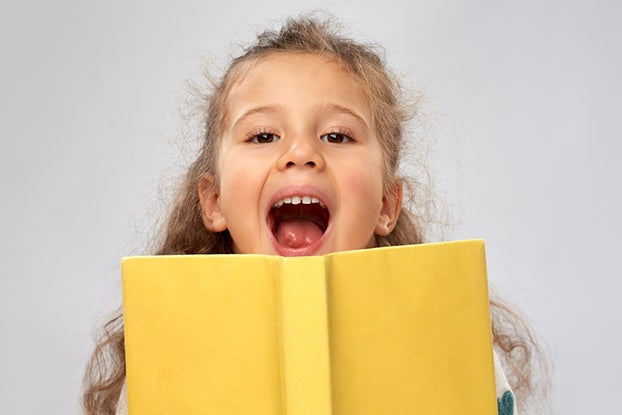
Activities to Practice Kindergarten Reading at Home
Here are some small, effective ways to make reading acquisition a little easier and develop your child’s love of reading from home!
Ask Your Child to Read Logos
A letter is simply a written symbol that stands for something. When you see a letter, your brain automatically thinks of the letter’s name and the sound it makes.
Logos are also symbols that represent something. And since they’re designed to be recognizable, many young children understand what they mean even before they know their letters.
While it doesn’t seem like an important skill, it’s a crucial part of early reading. To practice, point out a logo your child is familiar with and ask them what it means. You may be surprised by how many they know!
Work On Mastering the Alphabet
It sounds so simple, but mastering the alphabet will give your child a huge leg-up when it comes to kindergarten reading.
Consistently and correctly recognizing letters means your child will have an easier time sounding out new words and memorizing familiar ones! They should be able to differentiate between upper and lower case letters, too.
Specifically, mastering the alphabet, especially linking letters to sounds, directly contributes to their success with sight words and reading, as well as spelling CVC words (they have to recognize the alphabet to be able to spell!).
You can help your child master the alphabet by playing letter recognition games, like making letters out of PlayDoh or creating personalized alphabet cards.
Overall, this is a great step to round out the foundations of their kindergarten reading skills!
Reread Books
You and your child may have played out this scene before: they stroll over to the bookshelf and pick out the same book they’ve read three nights in a row with you. Should you be worried?
Absolutely not! Rereading books is actually a great tip for strengthening your kindergartener’s reading skills.
Rereading is wonderful practice and strengthens your child’s vocabulary. Rather than learning a word once and not revisiting it, they can familiarize themselves with new words and gradually reinforce how to use them.
This means you’re supporting their efforts to recognize words more consistently, as well as developing their print and book awareness!
Additionally, rereading allows your child to dive a little deeper into a book. Each time, they will learn and notice more about the characters, their motivations, and how their actions lead to certain results.
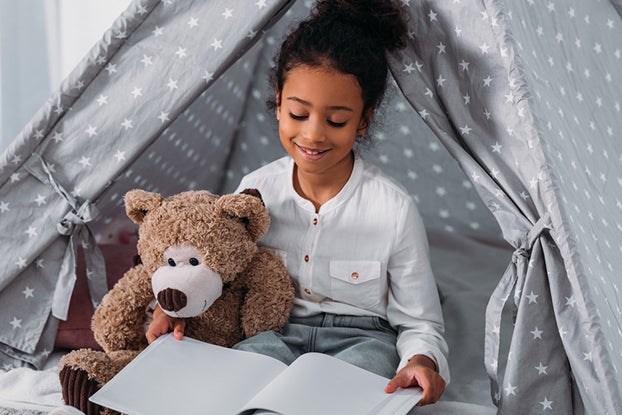
Play Sight Word Games
Learning and reading are not just for the classroom!
There are plenty of easy and effective sight word games you can play at home. Your child won’t even realize that in the midst of all the fun, they’re getting a little bit smarter, too!
While we have lots of sight word game options for your family to explore, it’s also easy to whip up a quick game at home. Sight word games are easily transferable to board games you may already have in your house, like Twister, Bingo, or Jenga.
Give Your Emerging Reader Control
Allowing your child a little bit of liberty when it comes to reading can be a great confidence booster.
Plus, when they feel like they have some control over their own reading journey, it can incentivize them to participate more. This can be incorporated into your routine in little ways.
You could let them choose what book you read together (remember rereading is OK, too!). You could also practice shared reading, allowing them to read small bite-sized words at the beginning or end of sentences.
Taking it one step at a time will help them feel comfortable and confident when it comes to reading, and they’ll be even more excited to develop their skills so they can eventually read on their own!
This carries over into life outside of books, too. Showing your child the power of reading can include pointing out signs, labels, or other writing in their environment.
Model Fluent Reading
Each time you read to your child, they get to hear what a fluent reader sounds like. You can model how to read smoothly and demonstrate what reading with expression means.
And though your child is still young, don’t feel limited to picture books in your reading time. Many kindergarteners thoroughly enjoy listening to chapter books. You could even start a series and work through them a chapter or two at a time.
Sharing a book creates a special bond with your child and introduces them to characters and worlds they might not otherwise know.
Use Technology
In today’s world, technology is an integral part of our daily lives. And while too much screen time can be detrimental, the HOMER app by Begin is an app you can feel good about your child using.
It offers a variety of interactive games and activities to help your child learn and practice core skills like reading. In just 15 minutes a day, your child can engage with educational games, songs, and stories designed to help them level up their skills and become confident readers.
The app also provides progress tracking to see how your child is doing and identify areas where they may need more support.
There’s a free trial, so try it out and see if it’s a good fit for your child.
Create an Alphabet Book
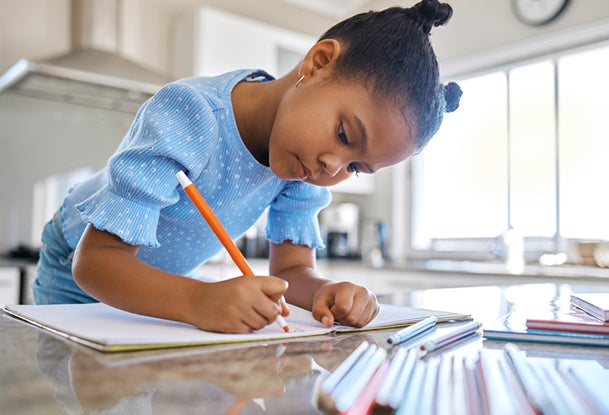
Reading and writing go together like peanut butter and jelly. As your child grows as a reader, they also improve their writing skills.
Let them practice both by creating an alphabet book together. Let your child brainstorm items to include on each page that start with each letter of the alphabet. They can draw pictures to illustrate their book.
For example:
- A is for apple, airplane, and arrow
- B is for baby, ball, and bed
- C is for cat, candy, and cake
By working on a page or two each day, your child will soon have a completed alphabet book to read and be proud of. Encourage them to read it to family members and friends.
Play Rhyming Games
As your child learns to manipulate sounds and recognize word patterns, play some rhyming games together to help build their phonemic awareness.
Start by reciting simple nursery rhymes and silly songs that have easy-to-remember lyrics. Then, try playing games where your child has to create their own rhyme.
Here are two fun ones:
I Spy a Rhyme
This classic game can be easily adapted to focus on rhyming words. Take turns saying, “I spy with my little eye, something that rhymes with …” Your child will have to guess what you’re thinking of by finding a rhyming word.
Here are some examples:
- Star: car
- Cat: hat
- Bee: tree
At first, you may need to give your child a clue or two, such as the starting letter or the number of syllables in the word. But as they become more comfortable rhyming, the game should go much faster.
Rhyme Time
How many words that rhyme with “cat” can your child name in 30 seconds? Break out your stopwatch and see. It’s a fun and easy way to help your child practice their rhyming while also building their vocabulary.
Act Out the Story
There’s no rule that says you have to sit down and snuggle to read a book (though we’re certainly not complaining about that method). If you want to burn some energy and get moving, you and your child can act out the events in a story as they’re happening.
Working together to portray what’s happening in a book as you read can help your child focus and dive deeper into the story, as well as give them visual context for what’s being read.
It sets a strong foundation for their recall skills; when they retell the events (or revisit the story at a later time), they’ll be thinking about all the fun, silly ways you two acted out the story together.
You can use this time to work on their print and book awareness skills, too. If they ever have a question about the book, you two can search together, noting helpful keys like the table of contents or the index to find the answer!
Tips for Boosting Kindergarten Reading Skills at Home
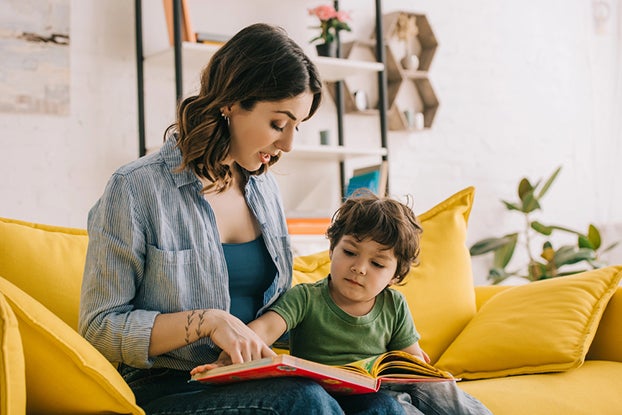
Now that you know what kindergarten reading skills to work on, here are some practical tips to keep in mind.
Remember That Every Child Is Different
Some kids learn to read before kindergarten. Others won’t master this skill until first grade (or even later.) If your child is a late reader, don’t worry too much. The pace at which your child reads does not reflect their intelligence or future success.
Every child is different and will develop reading skills in their own time. Try not to compare your child to their peers. Instead, focus on their individual progress and celebrate their reading victories — no matter how small.
Be Consistent
Young learners need regular practice sessions to build their new skills. Try to be consistent with your at-home reading.
Spending 10-15 minutes a day reviewing letter sounds, practicing sight words, and reading together can go a long way in helping your child develop strong reading skills.
Make Reading Fun
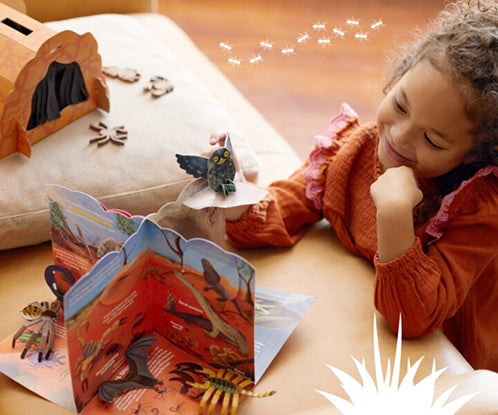
Reading isn’t a chore. It’s a fun and exciting way to explore new worlds and learn new things! Try to make your lessons an enjoyable experience by incorporating games, activities, or even rewards.
You’ll also want to mix things up a bit. Doing the same reading activities each day can grow dull, so rotate through the activities above and sign up for a Begin Premium Subscription to keep things fresh.
Stay Positive
Teaching your child to read isn’t for the faint of heart. It takes patience and a lot of practice, especially when it seems like your child isn’t making progress.
If you are frustrated, pause the lesson and walk away for a few minutes. That way, your child doesn’t learn to associate their reading with you getting mad or upset. Once you’re in a better frame of mind, come back and try again.
You want reading time to be enjoyable, so focus on the positive and use your words to encourage your child.
Here are some things you can say:
- I love how persistent you are with your reading.
- Last week, you couldn’t remember that sound, and today, you nailed it!
- I’m proud of how hard you’re trying. I can tell it’s challenging for you, but you aren’t giving up.
- I believe in you. Even though you’re struggling, I know you can do this. Keep trying!
- I’m excited to see what sounds you learn this week.
- You must have worked hard in school today; your effort shows!
- Making mistakes is part of learning. I’m glad to see you aren’t afraid to make them.
- Your reading is getting better every day!
- It won’t be long, and you’ll be reading chapter books on your own.
Being positive and encouraging will build your child’s confidence and help create an enjoyable learning environment.
Watch for Signs of Concern
While every child learns at their own pace, learning challenges are real. Here are some signs to watch for:
- Difficulty recognizing letters or matching them to sounds
- Guesses words while reading, but their guesses don’t match the written letters (for example, says dog when the word starts with a t)
- Trouble remembering sight words
- Struggles with rhyming, even after intensive practice and instruction
- Avoid reading tasks or becomes easily frustrated while reading
- Difficulty following directions
If you notice any of these signs or have other concerns about your child’s learning, talk to their teacher and seek a professional evaluation if necessary.
Early intervention and specialized support can make a big difference in helping children with learning challenges develop their reading skills.
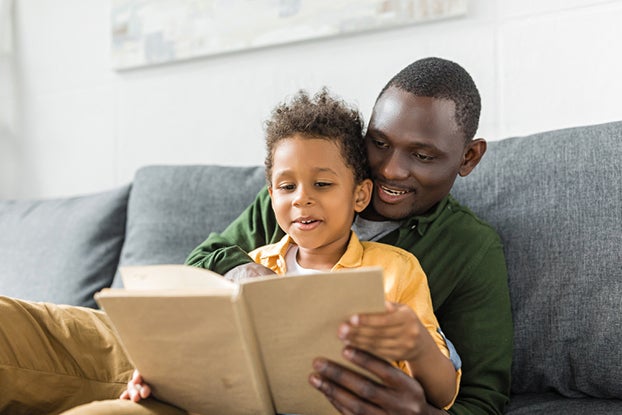
Kindergarten Reading for Future Success
You’ve made it! You now have the basics of what you need to know about kindergarten reading.
Through developing their phonological and phonemic awareness skills, print and book awareness, letter-sound recognition, and sight word vocabulary, your child will be ready to begin their independent reading journey in no time!
Begin is here to show you and your child that reading and playing do intersect. In fact, we think they’re better together!
Our award-winning HOMER app (proven to increase early reading scores by 74%!) is packed with personalized games and activities for your child to help them succeed in kindergarten reading. Or you can try our age- and stage-matched learning membership for holistic, multimodal learning that will help your child develop the skills they need most.
Try our online quiz to see how we can help your family today!
